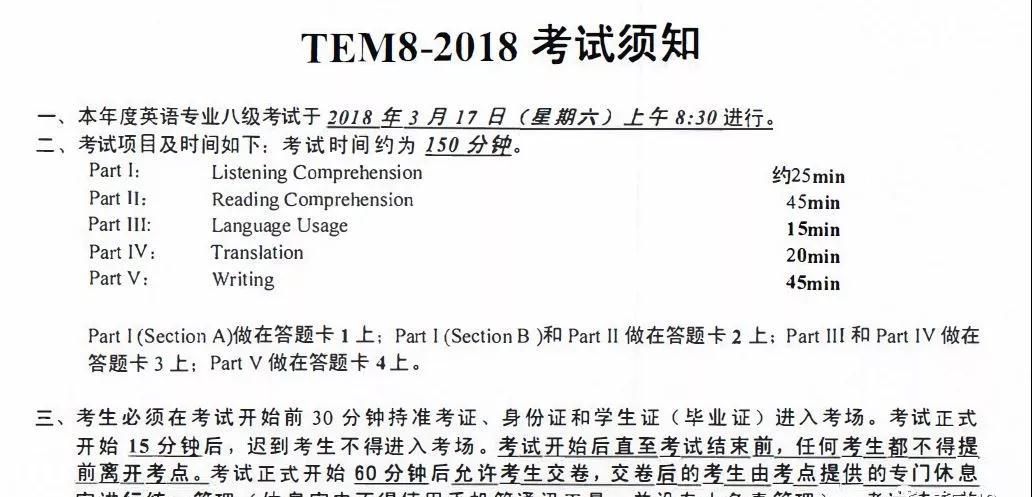2008年职称英语考试阅读理解习题(二十四)
|
High Stress May Damage Memory According to a report issued in May 1998, elderly people who have consistently high blood levels of cortisol don’t score as well on memory tests as their peers with lower levels of the stress hormone. What’s more, high levels of cortisol are also associated with shrinking of the hippocampus, a region of the brain that plays a key role in learning and memory. The findings suggest that even cortisol levels in the normal, “healthy “range can actually accelerate brain aging. The study results “now provide substantial evidence that long-term exposure to adrenal stress hormones may promote hippocampal aging in normal elderly humans, “write Nada Porter and Philip Landfield of the University of Kentucky in Lexington in their editorial. Cortisol is a hormone released in response to stress by the adrenal glands, which sit on top of the kidneys. Over a 5 to 6-year period. Dr. Sonia Lupien and his colleagues measured 24-hour cortisol levels in 51 healthy volunteers, most of whom were in their 70s. Despite wide variation in cortisol levels, the participants could be divided into three subgroups: those whose cortisol progressively increased over time and was currently high (increasing/high); those whose cortisol progressively increased over time and was currently moderate (increasing/moderate); and subjects whose cortisol decreased, but was currently moderate (decreasing/moderate). The researchers tested the volunteers’ memory on six people in the increasing/high category and five people in the decreasing/moderate group. The groups did not differ on tests of immediate memory, but the increasing/high cortisol group had other memory problems compared with those in the decreasing/moderate group. The researchers also found that the total volume of the hippocampus in those in the increasing/high group was 14% lower than those in the decreasing/moderate group, although there were no differences in other brain regions. The results suggest that “. . . brain aging can be accelerated by levels of adrenal hormones that are not generally regarded as pathological and that variation within this normal range is related to variation in the rate of brain aging,” write Porter and Landfield. “This further suggests that chronic stress may accelerate the worsening of hippocampus.” 1. The part of the brain important for a person’s learning and memory is A. the cortisol. B. the adrenal glands. C. the stress hormones. D. the hippocampus. 2. When the levels of cortisol go higher, the hippocampus in the brain may A. become larger. B. become smaller. C. be missing. D. be totally damaged. 3. According to the article, when people feel too worried or nervous or when they overwork, A. the adrenal glands will produce a stress hormone. B. the kidneys will produce adrenal glands. C. the hippocampus will produce high levels of cortisol in the blood. D. the cortisol will produce something that makes a poorer memory. 4. When the total volume of the hippocampus becomes smaller, other brain regions A. become smaller too. B. become larger. C. may remain the same in size. D. may be damaged. 5. Porter and Landfield’s research shows that A. the change in the levels of adrenal hormones has nothing to do with the degree of brain aging. B. the change in the levels of adrenal hormones has a lot to do with the degree of brain aging. C. the long-term stress will gradually make the hippocampus worse. D. None of the above is correct. |








